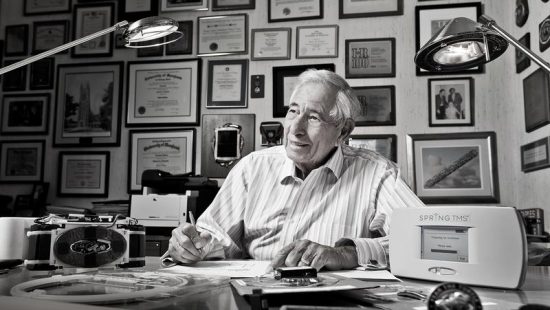As a child, Stanley N. Cohen was interested in science, especially in how things worked. He built and assembled telephones, radios, and was first interested in becoming a physicist. Cohen instead chose medicine, and during his residency became increasingly interested in research.
At Stanford, Cohen began to study bacterial plasmids with a goal to understand how the genes of plasmids could make bacteria resistant to antibiotics. Cohen met Herbert Boyer at a conference, and discussed various ways they could collaborate. Together, they developed the technique of recombinant DNA—taking genetic material from one organism and placing it in another organism where it is replicated and expressed.
Their research led to the new field of genetic engineering. Boyer and Cohen quickly recognized the feasibility of using bacteria with human genetic information was incorporated to duplicate the body’s natural means of fighting disease. Their work has led to breakthroughs in treatments, including the creation of synthetic insulin and human growth hormone.
By Jen Santisi







